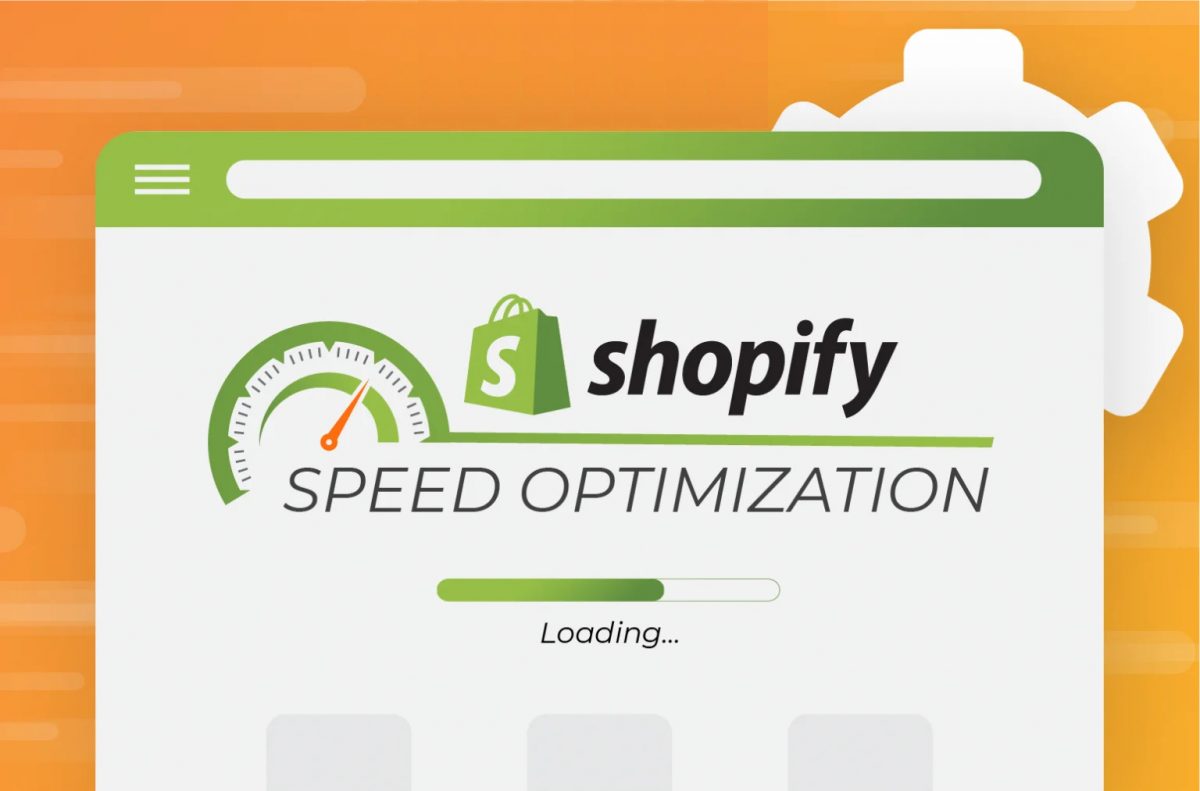In the ever-evolving world of search engine optimization (SEO), on-page optimization continues to play a critical role in maximizing a website’s visibility and search engine rankings. As we enter 2024, understanding the importance of on-page optimization and implementing the key techniques has become even more crucial. In this article, we will explore what on-page optimization is, discuss why it is important for SEO, and delve into the key on-page optimization techniques that are expected to dominate in 2024.
What is on-page optimization in SEO?
On-page optimization refers to the practice of optimizing different elements within a web page to improve its visibility in search engine rankings. It involves optimizing factors that are within your control, such as proper keyword usage, relevant and high-quality content, mobile responsiveness, user experience, meta tags, and URL structure.
On-page optimization techniques help search engines understand the content of your web pages and determine their relevancy to specific search queries. By optimizing for on-page factors, you can increase the chances of your website appearing on the first page of search engine results, thereby driving organic traffic and potential customers to your site.
Additionally, on-page optimization is an essential part of the broader SEO work, which also includes off-page optimization strategies like link building and social media marketing. Both on-page and off-page optimization work together to improve a website’s overall visibility and search engine rankings.
Why is on-page optimization important for SEO?
On-page optimization is important for several reasons. Firstly, it helps search engines understand and index your website accurately. By optimizing your web pages, you provide search engines with clear signals about the content and relevance of your site, making it easier for them to crawl and index your pages effectively.
Secondly, on-page optimization directly impacts the user experience (UX). Optimizing your website’s design, navigation, and content structure can significantly enhance the UX, leading to improved engagement, lower bounce rates, and higher conversions. Positive user experiences can also indirectly contribute to better search engine rankings as search engines prioritize user satisfaction.
Lastly, on-page optimization is a necessary step in outranking competitors and targeting specific keywords. By carefully optimizing your web pages with relevant keywords, you increase your chances of appearing higher in search results for those keywords, potentially surpassing your competition and attracting more organic traffic.
Emerging Trends in On-Page Optimization for SEO
As technology and user behavior continue to evolve, so do the trends and best practices in on-page optimization. In 2024, several emerging trends are shaping the field of on-page optimization for SEO. Let’s explore some of these trends:
Content Quality and Relevance
One of the core principles of on-page optimization is to create high-quality and relevant content. In 2024, search engines are becoming increasingly sophisticated in assessing the quality and relevance of content. To optimize content for SEO, businesses should:
- Conduct thorough keyword research to identify relevant search terms.
- Create comprehensive and informative content that addresses user intent.
- Use natural language and avoid keyword stuffing.
- Incorporate multimedia elements, such as images and videos, to enhance engagement.
By prioritizing content quality and relevance, businesses can improve their chances of ranking higher in search engine results.
Mobile Optimization
In an era where mobile devices dominate internet usage, mobile optimization is crucial for on-page SEO. With the rising adoption of mobile search, search engines prioritize mobile-friendly websites in their rankings. To optimize for mobile in 2024, businesses should:
- Ensure responsive design that adapts to different screen sizes.
- Optimize page load speed for mobile devices.
- Implement mobile-first design principles for optimal user experience.
- Test and improve mobile usability through user feedback and analytics.
By providing a seamless mobile experience, businesses can attract and engage mobile users, thereby enhancing their SEO efforts.
Page Speed and Performance
Page speed has been a key factor in on-page optimization for years, and its importance continues to grow in 2024. Search engines prioritize fast-loading websites because they provide a better user experience. To optimize page speed and performance, businesses should:
- Minimize server response time and reduce HTTP requests.
- Optimize and compress images without compromising quality.
- Enable browser caching and leverage content delivery networks (CDNs).
- Minify JavaScript and CSS files for faster rendering.
By prioritizing page speed and performance, businesses can improve user satisfaction, reduce bounce rates, and potentially achieve higher search engine rankings.
Structured Data Markup
Structured data markup is a method of organizing and labeling website content to help search engines understand its context and meaning. In 2024, structured data is increasingly important for on-page optimization because it enables search engines to display rich snippets and other enhanced search results. To optimize for structured data, businesses should:
- Implement schema markup to provide specific details about their content.
- Use appropriate markup for different types of content, such as articles, products, events, and more.
- Test and validate structured data implementation using tools provided by search engines.
By implementing structured data markup, businesses can make their web pages more visually appealing and informative in search engine results.
How to Optimize On-Page Content for SEO in 2024
Now that we have explored the emerging trends in on-page optimization, let’s dive into the strategies and techniques businesses can implement to optimize their on-page content for SEO in 2024.
Conduct Keyword Research
Keyword research is a fundamental step in on-page optimization. By understanding the search terms and phrases that are relevant to their target audience, businesses can create content that aligns with user intent. When conducting keyword research, consider the following:
- Identify relevant keywords and long-tail phrases related to your products or services.
- Analyze search volume, keyword competition, and user intent to prioritize keywords.
- Consider the current trends and shifts in search behavior to stay ahead of the curve.
By incorporating well-researched keywords into your on-page content, you can effectively communicate the relevance of your web pages to search engines.
Use Descriptive URLs
URL structures play a crucial role in on-page optimization. Clean and descriptive URLs provide both search engines and users with valuable information about the content of a page. When optimizing your URLs, consider the following best practices:
- Use relevant keywords or phrases in your URLs.
- Remove unnecessary parameters or session IDs from your URLs.
- Utilize hyphens to separate words in your URLs for better readability.
By using descriptive URLs, you can help search engines understand the content of your web pages and improve their chances of ranking higher in search results.
Optimize Meta Tags
Meta tags provide concise information about the content of a web page to search engines and users. Optimizing meta tags can enhance the click-through rates and visibility of your web pages in search engine results. Consider the following elements when optimizing meta tags:
- Title Tag: Create unique and descriptive titles that include relevant keywords. Keep them concise (around 50-60 characters) for better readability.
- Meta Description: Craft compelling and informative meta descriptions that summarize your page’s content. Aim for around 150-160 characters.
- Heading Tags: Utilize heading tags (H1, H2, H3, etc.) to structure your content and signal its importance to search engines.
By optimizing meta tags, you can increase the likelihood of attracting clicks and improving your web page’s visibility in search engine results.
Create Engaging and Relevant Content
Content is the heart of on-page optimization. By creating high-quality, engaging, and relevant content, businesses can attract and retain users, enhance their brand authority, and improve their search engine rankings. Consider the following strategies when creating content:
- Provide comprehensive and informative content that addresses user needs and inquiries.
- Use a mix of multimedia elements such as images, videos, and infographics to engage users.
- Optimize content for readability by using headings, bullet points, and shorter paragraphs.
- Incorporate internal links to other relevant pages on your website to enhance navigation.
By prioritizing engaging and relevant content, you can improve user satisfaction, increase time spent on your website, and potentially achieve higher search engine rankings.
Benefits of On-Page Optimization for SEO
On-page optimization offers several benefits for businesses looking to improve their SEO efforts in 2024. Here are some key advantages:
- Increased Visibility: By optimizing your on-page elements, you can improve your web page’s visibility in search engine rankings, leading to increased organic traffic and exposure.
- Improved User Experience: On-page optimization techniques such as mobile optimization, page speed improvements, and content relevance contribute to a seamless and enjoyable user experience, leading to increased engagement and lower bounce rates.
- Higher Click-through Rates: By optimizing meta tags, URLs, and content, businesses can attract more clicks from search engine users, leading to higher click-through rates and increased website traffic.
- Enhanced Brand Authority: Providing high-quality and relevant content through on-page optimization can establish your brand as an authoritative source in your industry, leading to increased trust and credibility.
- Long-term Benefits: On-page optimization techniques lay the foundation for sustainable and long-term SEO success. By focusing on delivering value and improving user experience, businesses can maintain their search engine rankings and attract organic traffic over time.
Conclusion
On-page optimization remains a critical component of SEO in 2024. By implementing the key techniques discussed above, such as keyword research and optimization, quality content creation, mobile responsiveness, user experience optimization, meta tag optimization, and URL structure optimization, you can increase your website’s visibility and improve its search engine rankings. Stay updated with the latest trends and best practices in on-page optimization to maximize your SEO efforts and effectively compete in the ever-evolving digital landscape.
FAQ
How has on-page optimization evolved over the years?
What are the key techniques for keyword research and optimization in on-page optimization?
How does high-quality content impact on-page optimization?
Why is mobile responsiveness crucial for on-page optimization in 2024?
What are the best practices for improving user experience and site architecture in on-page optimization?
How do meta tags and URL structure affect on-page optimization?

 Amazon Marketing
Amazon Marketing


